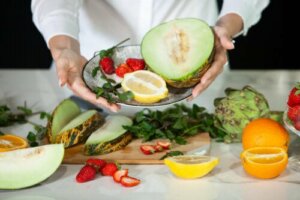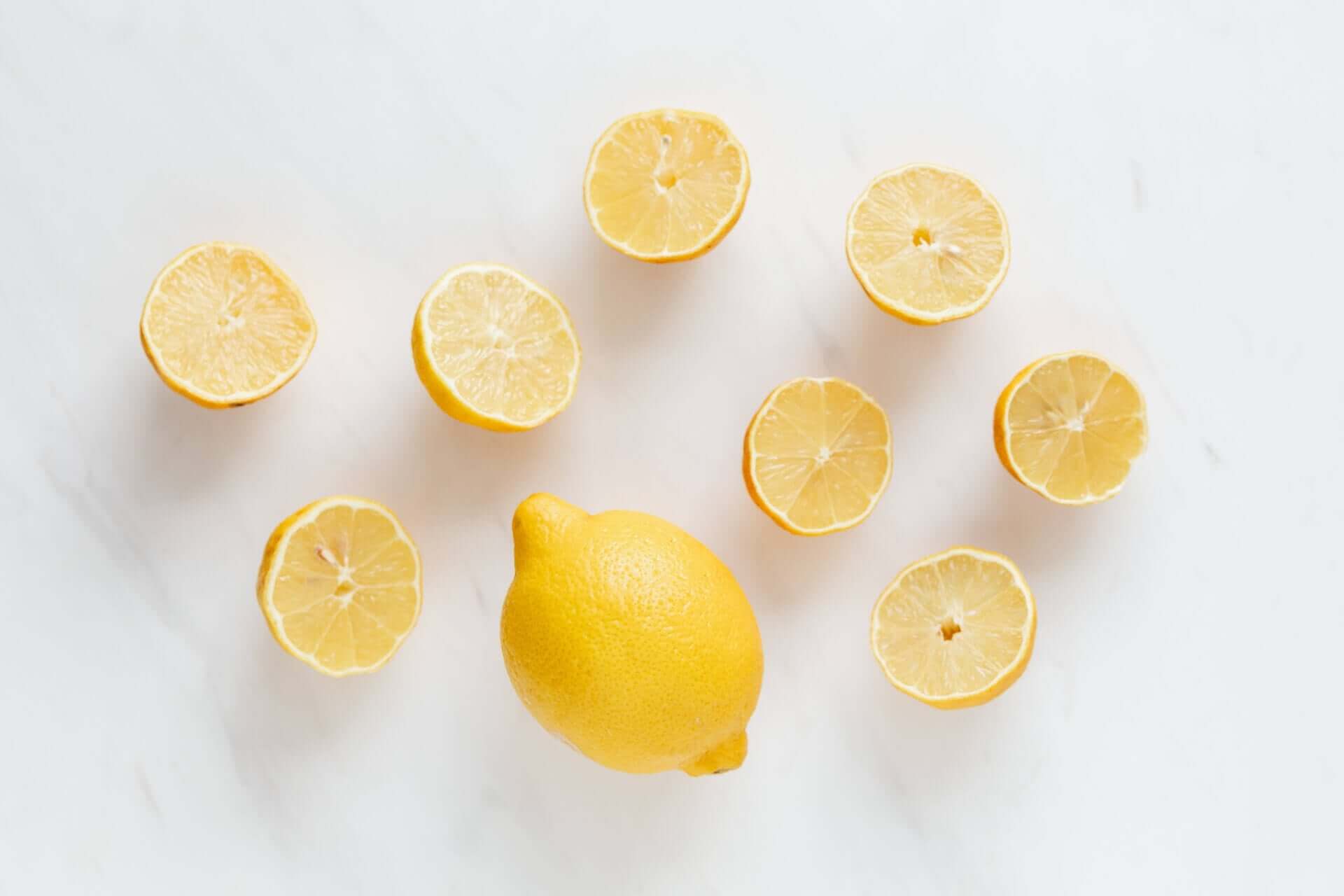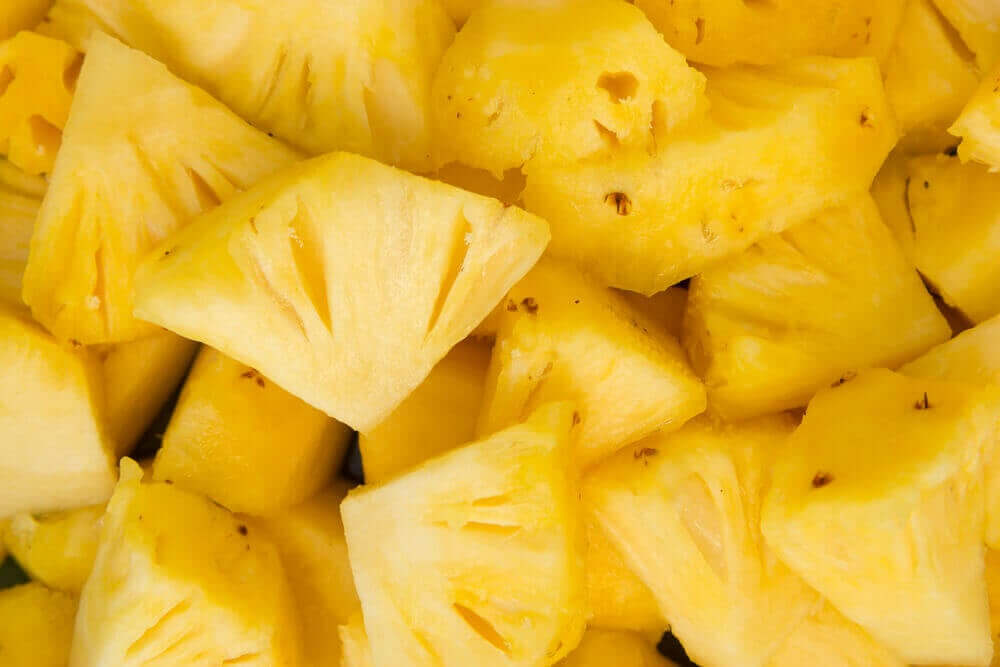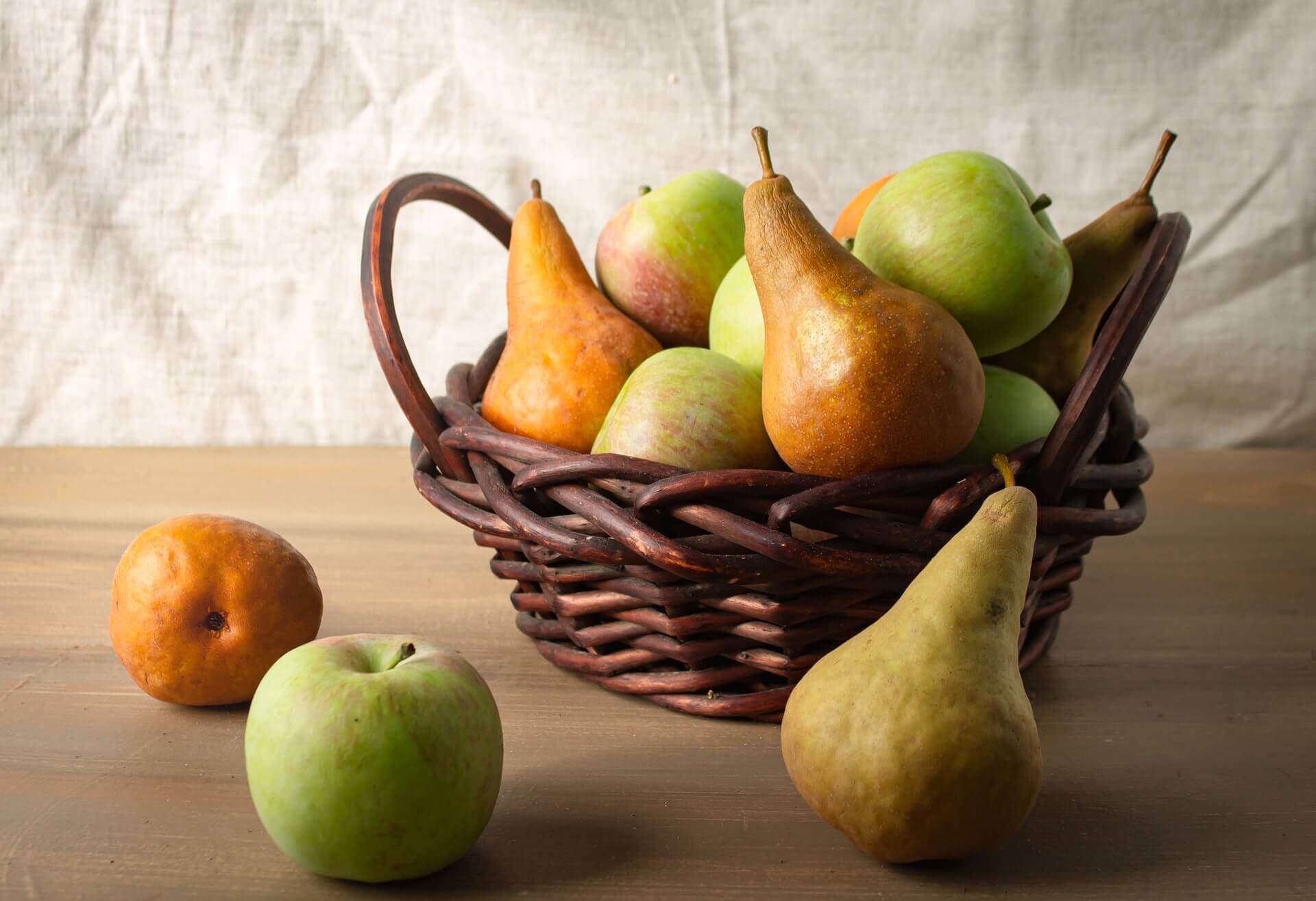9 Fruits to Hydrate the Body


Written and verified by the doctor Nelton Abdon Ramos Rojas
There are several fruits to hydrate your body that you can take advantage of both naturally and in juices, infusions, and flavored waters. In addition, they many not only hydrate and nourish you, but also provide you with energy, something essential for you to carry out all the activities you need to accomplish throughout the day.
Below, we’ll take a look at the main options you can choose to refresh and hydrate yourself throughout the day. Take note!
Fruits to hydrate your skin naturally
1. Lemon

According to experts from the Spanish Nutrition Foundation (FEN), lemons are a source of vitamin C, organic acids, and flavonoids. They also have soluble fiber such as pectin (found mainly in the white layer under the rind).
At the same time, the experts at Spain’s Asociación 5 al día (5-a-day Association) comment that “its vitamin C content, its high concentration of antioxidants, and even its possible capacity as a bactericide in certain raw dishes (such as fish) make it an absolutely recommendable fruit as part of a healthy diet”.
To obtain its full benefits, some people are encouraged to drink a glass of lemon water on a regular basis, as part of a balanced diet. For every 3.5 ounces of edible portion, lemon provides approximately 3.1 grams of water.
Read this too: Treat Anemia with Nettle and Lemon
2. Apple
Apples are one of the most recommended fruits for hydrating the body, improving intestinal transit, satiating the appetite, and controlling cravings between meals.
According to the Spanish Nutrition Foundation (FEN), they’re a source of fiber (both soluble and insoluble), fructose, glucose and sucrose, flavonoids, and organic acids. For every 3.5 ounces of edible portion, they provide about 3 ounces of water, approximately.
3. Pineapple

According to the FEN experts, it’s a source of iodine, vitamin C, organic acids, and bromelain, an enzyme with proteolytic action to which are attributed, above all, anti-inflammatory properties.
It’s often said that pineapple is the best fruit to naturally hydrate the body.
4. Cherries
FEN experts indicate that cherries can’t be named as an outstanding source of nutrients, since they don’t have large amounts of any substance.
However, they do contain a certain amount of flavonoids, vitamin C, potassium, thiamine, folates, provitamin A, which contribute to the total diet, as well as fiber. They also contain simple sugars, such as fructose, glucose, and sucrose.
For every 3.5 ounces of edible portion, they would provide about 3 ounces of water.
5. Pears

Pears are a fruit with a high content of fiber (especially insoluble) and certain amounts of potassium and vitamin C, which contribute to the total diet. Moreover, they contain flavonoids and some organic acids.
For every 3.5 ounces of edible portion, they provide about 3 ounces of water, approximately. For this reason, they’re one of the best fruits to hydrate your body.
6. Papaya
Papaya is a juicy and sweet fruit, which is why it’s a favorite of many people, after bananas, and apples.
According to the experts of the 5-a-day Association, it contains significant amounts of calcium, magnesium, phosphorus and iron, and “has a high proportion of water (89.5%)”. In addition, it is rich in fiber, vitamin C and provitamin A. On the other hand, it should be noted that papaya also contains an enzyme called papain, which facilitates digestion.
It’s often pointed out as a highly recommended food to improve intestinal transit, but it’s also often named as one of the best fruits to hydrate your body.
7. Watermelon
Watermelon’s a fruit that’s also made up of a high percentage of water, more than 90% of its composition, to be more exact. FEN experts indicate that it can’t be singled out as a great source of nutrients, although it contains a certain amount of potassium and vitamin A, which contribute to the total diet.
For every 3.5 ounces of edible portion, it can provide about 3.3 ounces of water. Therefore, watermelon is crowned as the best fruit to hydrate your body.
8. Grapefruit
According to the experts of the 5-a-day Association, “the main component of this citrus fruit is water. Vitamin C and folic acid predominate in its composition. Regarding minerals, potassium and magnesium stand out. In addition, there are other components that give it its characteristic flavor”.
Like lemon, it’s an excellent option for preparing refreshing drinks during the hottest months of the year.
Check out this article: Lose Weight by Drinking Grapefruit Juice after Meals
9. Coconut
FEN experts indicate that coconut is a source of fiber, iron, selenium, and potassium. It’s a food rich in saturated fatty acids, so it can provide a lot of energy.
Coconut water is a suitable drink to refresh and hydrate your body. It tastes delicious and can be consumed alone or combined with other ingredients…
Other fruits to hydrate your body
- Kiwi
- Melon
- Strawberries
- Tomatoes
- Oranges
- Tangerines
- Apricot
Eating fruit daily, regardless of whether it’s hot or cold, is more than recommendable, as health and nutrition experts and important institutions such as the World Health Organization (WHO) point out.
If you’re not in the habit of eating a lot of fruit, then choose the one you like the most and start incorporating it more frequently to your snacks. Ideally, you should consume it in its natural state, not in juice or any other type of preparation, because this is the only way you’ll be able to obtain all its benefits.
Once you have become accustomed to eating several portions of your favorite fruit a day (between 3 and 4, minimum), you can experiment by preparing mixed salads with other options. Little by little, you’ll increase your fruit intake. You just have to give them a try!
All cited sources were thoroughly reviewed by our team to ensure their quality, reliability, currency, and validity. The bibliography of this article was considered reliable and of academic or scientific accuracy.
- healthline, 9 Water-Rich Foods That Help You Stay Hydrated, Geraadpleegd 4 december 2018 van https://www.healthline.com/nutrition/19-hydrating-foods
- mbglifestyle, Want Glowing Skin? Eat These 10 Hydrating Foods, Geraadpleegd 4 december 2018 van https://www.mindbodygreen.com/articles/best-foods-to-eat-for-hydrating-skin
This text is provided for informational purposes only and does not replace consultation with a professional. If in doubt, consult your specialist.








